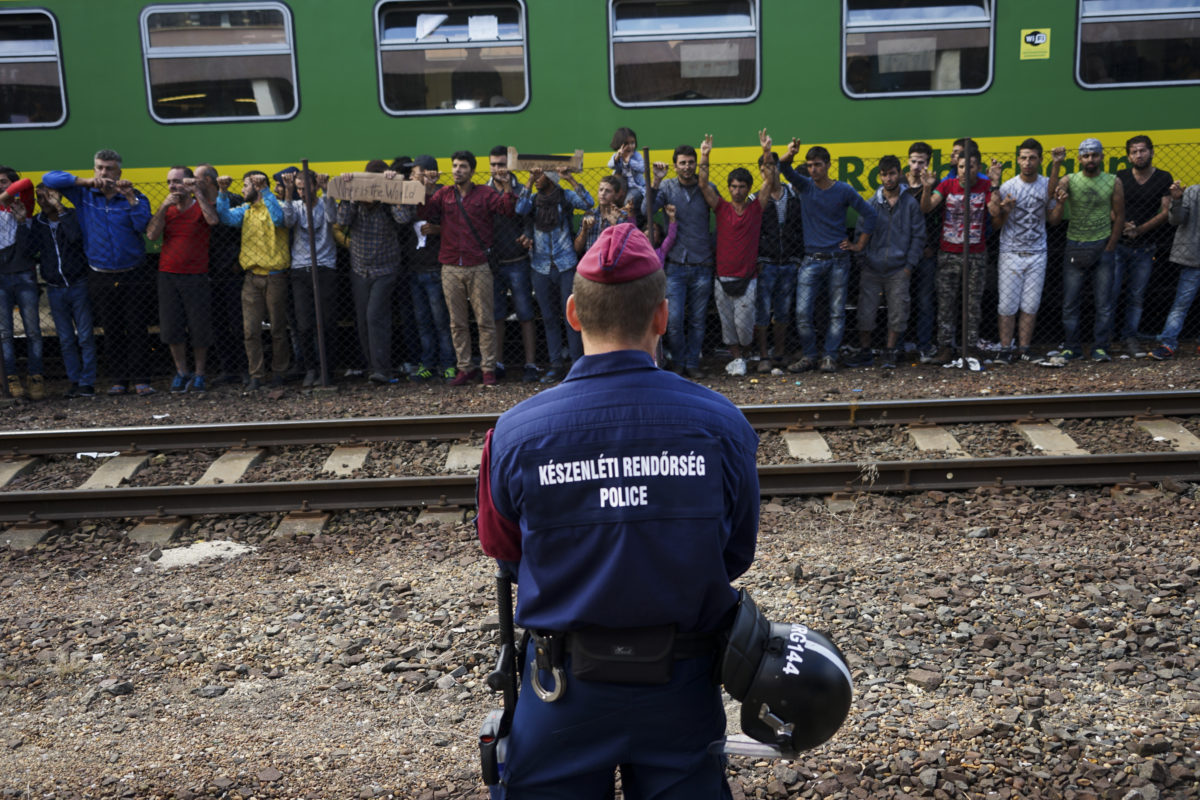How did you get your citizenship? Let me guess. You were born with the one you have now. There is a good chance my guess is right. Citizenship is, first and foremost, a matter of birth.
However, birth can be framed in different ways. A German may say that she is German because she was born to German parents. And an American may say that he is American because he was born on American soil.
One immediately notices the difference. Becoming German is mainly a matter of ancestry. Hence the name jus sanguinis for birthright citizenship qua blood. Becoming American is mainly a matter of territory. Hence the name jus soli for birthright citizenship qua birth on the territory. „Beyond the Birthright Lottery“ weiterlesen

